Introduction
Imagine a scenario where the CEO of a large enterprise uses an AI-powered dashboard to oversee multiple strategic initiatives. With a few taps, she has real-time insights into project statuses, risk factors, and key performance indicators. AI-driven adjustments have already optimized resources and workflows, ensuring smooth execution. The project manager’s role has evolved into a strategic advisor, focusing on leadership, team coaching, and high-level decision-making.
The landscape of project management is undergoing a radical shift, fuelled by advancements in Artificial Intelligence (AI). Traditional project management methods often struggle with inefficiencies, human errors, and resource constraints. AI is now transforming the field by automating tasks, optimizing resource allocation, and enabling data-driven decision-making. As businesses increasingly integrate AI-driven tools, project management is becoming more automated, efficient, and intelligent.
According to Gartner 80% of project management tasks will be eliminated by AI by 2030. That means removing the busywork of project management like data collection, status reporting and tracking – which is a good thing. And 72% of project managers say AI is very or extremely likely to change their roles, enabling them to handle more complex tasks.
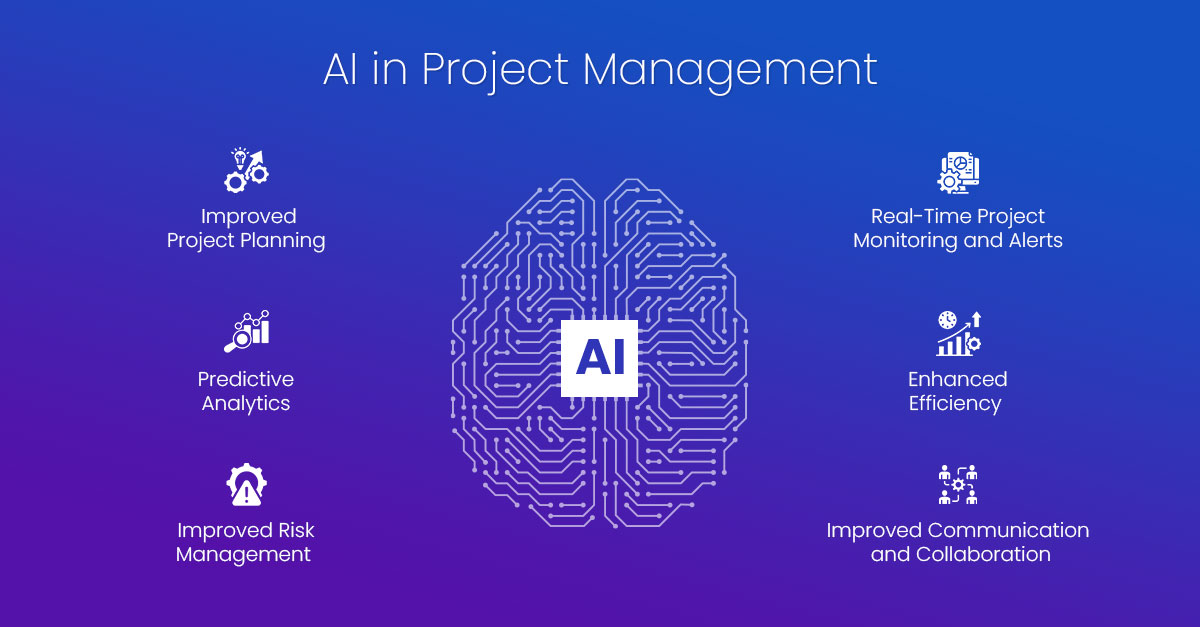
Let’s look at how AI is redefining project management.
1. AI-Powered Automation in Project Management
One of the most profound impacts of AI in project management is automation. AI-driven tools can:
- Automate routine tasks such as scheduling, reporting, and documentation.
- Minimize manual interventions, allowing project managers to focus on strategy.
- Improve collaboration by integrating with communication platforms for real-time updates.
2. Intelligent Resource Allocation & Optimization
AI-driven analytics assist project managers in distributing resources more effectively by:
- Predicting workload distribution based on historical project data.
- Identifying skill gaps and recommending the right team members for tasks.
- Dynamically adjusting resource allocation to enhance efficiency.
3. AI-Driven Risk Management & Predictive Analytics
Risk management is crucial for project success, and AI enhances this by:
- Analyzing historical data to forecast potential risks.
- Detecting patterns and identifying bottlenecks before they escalate.
- Suggesting mitigation strategies to minimize project failures.
4. Real-Time Monitoring & Adaptive Project Planning
AI-powered dashboards provide real-time insights into project progress, enabling:
- Immediate adjustments to project plans based on data trends.
- Dynamic scheduling to accommodate changing priorities.
- Greater visibility for stakeholders, leading to informed decision-making.
5. AI in Decision-Making & Strategic Planning
AI-driven project management tools facilitate smarter decision-making by:
- Enabling scenario-based planning and simulations.
- Analyzing past project successes and failures to refine strategies.
- Reducing biases by providing objective insights and recommendations.
6. AI-Powered Virtual Assistants & Chatbots
AI-driven virtual assistants enhance productivity by:
- Providing instant updates on project timelines and progress.
- Assisting in task prioritization and answering project-related queries.
- Reducing the need for manual follow-ups within teams.
7. The Future of AI in Project Management
By 2030, AI is predicted to automate up to 80% of project management tasks. Future trends include:
- AI-driven self-learning project management systems that adapt dynamically.
- Advanced Natural Language Processing (NLP) for improved human-AI collaboration.
- Increased reliance on AI-powered predictive analytics to drive business decisions.
6 Key Areas AI Will Transform in Project Management
1. Better Project Selection & Prioritization
- AI predicts project success rates, optimizing selection.
- Eliminates human biases in decision-making.
2. Enhanced Project Management Office (PMO) Efficiency
- AI automates reporting, compliance monitoring, and process optimization.
- Improves oversight and stakeholder engagement.
3. Faster Project Planning & Reporting
- AI-enhanced risk management predicts and mitigates issues in advance.
- Automated scheduling and real-time reporting improve efficiency.
4. AI-Driven Virtual Project Assistants
- Digital assistants provide smart recommendations and automate follow-ups.
- AI tools analyze past project data to refine time estimates.
5. Advanced Testing & Software Integration
- AI-driven testing tools detect defects early and improve system resilience.
- Automated quality checks reduce manual effort and rework.
6. The Evolving Role of Project Managers
- Project managers will shift from administrative tasks to strategic leadership.
- AI-driven insights will support better team collaboration and decision-making.
Preparing for AI-Driven Project Management
To successfully integrate AI, organizations must:
- Invest in structuring and cleaning project data for AI applications.
- Train project managers and teams in AI-driven tools and methodologies.
- Cultivate an adaptable mindset to embrace technological advancements.
- Secure executive sponsorship and long-term commitment to AI adoption.
Conclusion
AI is set to revolutionize project management by improving efficiency, reducing risks, and enabling data-driven decision-making. As AI technology continues to evolve, organizations that proactively integrate these innovations will gain a competitive edge. The future of project management is AI-driven, and businesses that invest in AI today will lead the transformation of tomorrow.










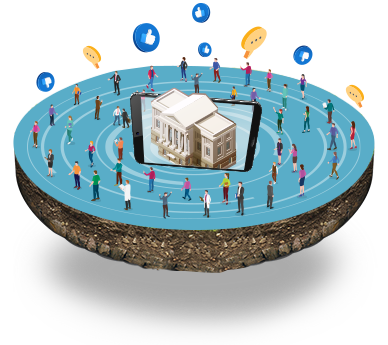


















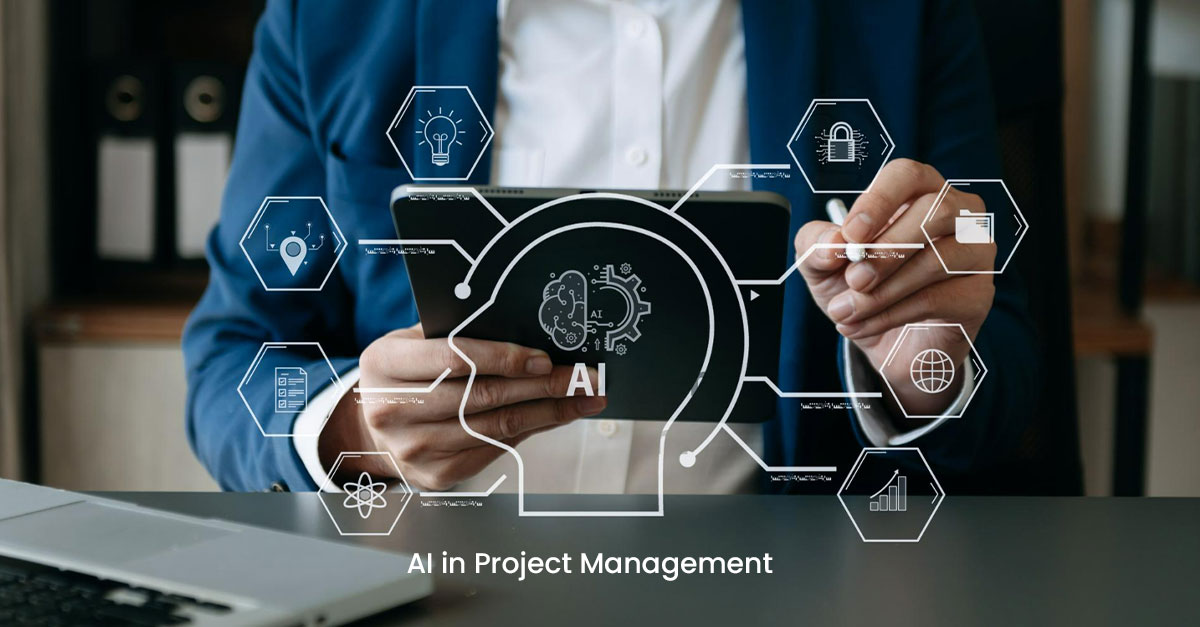






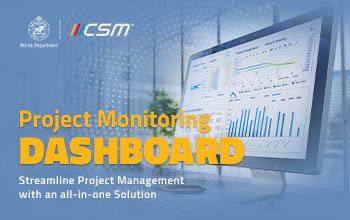
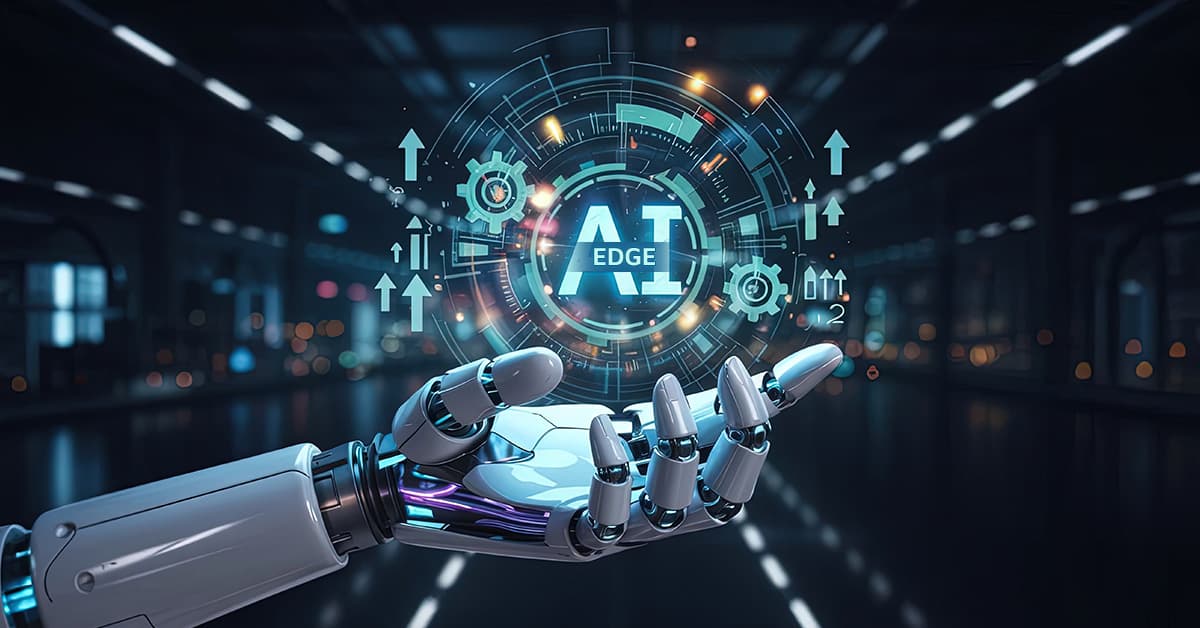

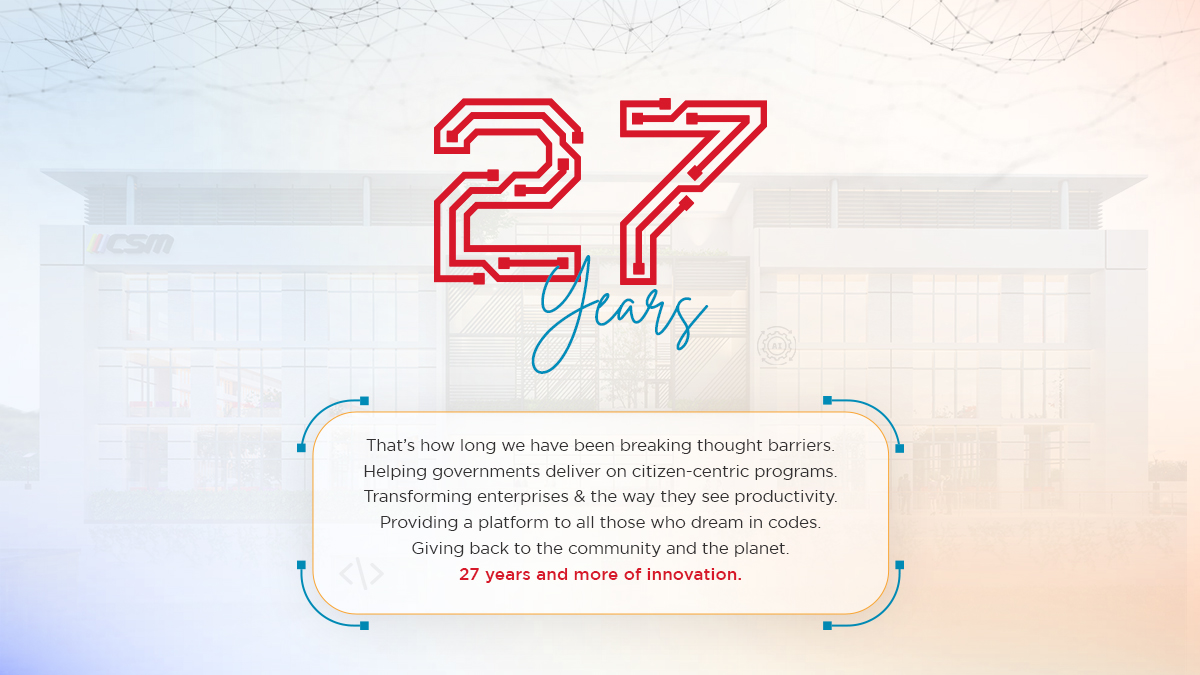



















We will verify and publish your comment soon.